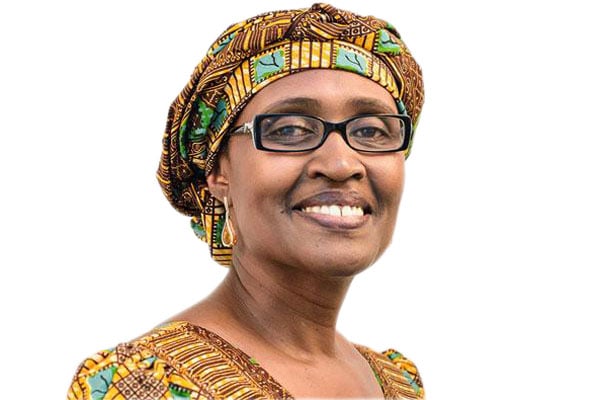How to protect the world from the next pandemic

Winnie Byanyima
What you need to know:
- “Having lived through two deadly pandemics, it is unbearable to imagine a repeat of such devastation”
History teaches us that the next pandemic is a matter of when, not if,” warned World Health Organization director general Tedros Adhanom Ghebreyesus earlier this year. He is right. That is why it is vital that the world’s governments successfully conclude their work of negotiating an accord on pandemic prevention, preparedness, and response. Negotiators were not able to meet the latest deadline for an agreement. We believe that an accord can be agreed that protects the world, if governments internalise the lessons of the Aids and Covid-19 pandemics. But some are proving slow to recognise this.
The draft pandemic accord opens with a bold and inspiring statement endorsing solidarity, equity, and human rights. These principles underpin effective prevention and response, and early proposed versions of the accord included binding commitments from governments to put them into practice. But the negotiations have generated pressure to water down several of these commitments, to the extent that some proposed versions would not guarantee that the response to the next pandemic would be any stronger than the response to Covid-19.
So far, the negotiations have been marked by a divide between the Global North and the Global South – the same divide that impeded the Covid-19 response. Low- and middle-income countries point out the need for binding commitments to ensure that medical technologies are produced and distributed widely next time. But they have faced opposition on this point from some wealthy countries, even though it is in everyone’s interest to ensure equitable and universal access to the products – from diagnostic tools to vaccines – needed to beat pandemics.
Health products need not be scarce: geographically diversified production can help ensure ample supply. But, too often, after governments have poured public funding into the pursuit of lifesaving medical breakthroughs, they have handed exclusive rights over the resulting vaccines and treatments to private pharmaceutical companies. The inevitable result is that doses are provided only to countries that can afford to pay high prices for them, leaving poorer countries struggling to secure vaccines, tests, and treatments in a timely manner.
World leaders were slow to recognise this during the Aids pandemic. In the late 1990s and early 2000s, 12 million Africans died from Aids while waiting for life-saving medicines that were widely available to people in the Global North. One would have expected these hard-won lessons to shape the Covid-19 response. They did not. Instead, pharmaceutical companies were given vaccine monopolies, so doses were delivered to wealthy countries first, leaving poorer countries unable to secure supplies – with tragic results.
Beyond the high human costs have been severe economic repercussions. According to one estimate, vaccine inequity cost the global economy $2.3 trillion. Ultimately, countries in the Global North have been playing a negative-sum game: the increased profits for a few pharmaceutical companies – and a few billionaire pharmaceutical barons – are dwarfed by the losses for everyone else.
The pillars of effective pandemic prevention, preparedness, and response are well-known: relevant knowledge and technology must be shared openly, and vaccines, tests, and treatments must be produced widely.
Voluntary action is not enough. The United States and the European Union have recognised this and implemented selective measures to mandate the sharing of technology and knowhow. We can’t rely on the goodwill of pharmaceutical companies to ensure that global health is prioritised over profiteering.
Having lived through two deadly pandemics, it is unbearable to imagine a repeat of such devastation. The pandemic accord offers hope for a better, more equitable way forward.
-- Project Syndicate
This article was co-authored by Ms Winnie Byanyima, the executive director of UNAIDS, and Joseph E. Stiglitz, a former chief economist of the World Bank




